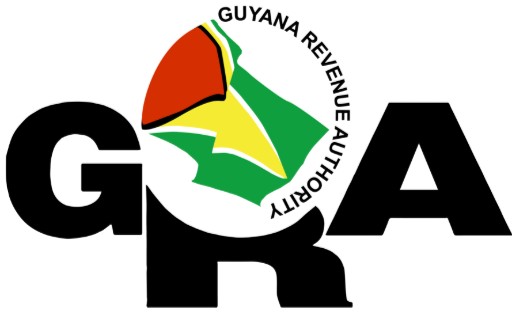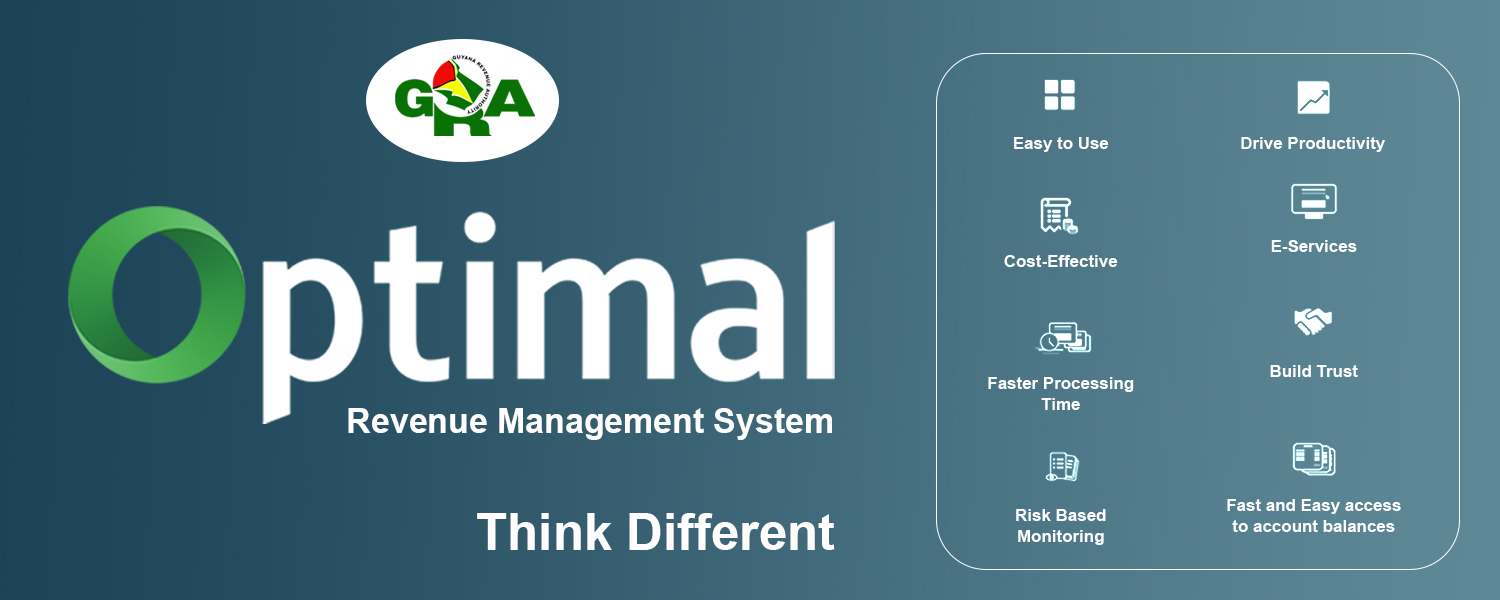DESCRIPTION:
Have you considered opening a business, where a ‘VAT-able’ service will be provided? Well before you do, here’s what you need to know as it relates to value added tax application.
Let’s take a look at some of the frequently asked questions and the answers to guide you:
UPON OPENING MY BUSINESS, AM I AUTOMATICALLY QUALIFIED TO CHARGE VALUE ADDED TAX ON GOODS OR SERVICES?
A business must first be registered with the Guyana Revenue Authority to charge Value Added Tax. Upon the successful registration for VAT, a VAT Certificate will be issued, which must be displayed in a conspicuous manner at the location/ business where taxable activities will be conducted.
ONCE OPERATING A BUSINESS, AM I ‘REQUIRED’ TO CHARGE VALUE ADDED TAX?
Under the Valued Added Tax Act, businesses registering for Value Added Tax are categorised into two fields, mandatory and voluntary registration. As such, the type of registration is based on the intended or current operations of business.
HOW ARE MANDATORY AND VOLUNTARY REGISTRATIONS DETERMINED?
The criteria governing Mandatory Registration in accordance with the VAT Act are as follows:
(a) Where the taxable activity equals or exceeds the threshold of Fifteen Million Guyana Dollars (G$15,000,000.00) at the end of twelve (12) months, or where the taxable activity exceeds the threshold in less than 12 months, the person carrying on the taxable activity MUST register for VAT, and
(b) Where the taxable activity is expected to exceed the threshold in any period during the next twelve months, the person carrying on the taxable activity MUST register.
If your taxable turnover is below the G$15,000,000.00 threshold, you may apply for Voluntary Registration. However, applicants for voluntary registration must satisfy the following criteria:
- The applicant’s business and business location must be easily identifiable.
- The applicant must demonstrate to the Commissioner-General’s satisfaction, the ability to maintain records in accordance with the requirements of Section 60 of the VAT Act.
- The applicant must demonstrate to the Commissioner-General, the intention to make taxable supplies. Where the applicant’s business operations have not yet begun at the time of application, or if the applicant has carried on the business for less than a calendar year, evidence of bank loans and revenue projections, contracts or other details of arrangements to make taxable supplies, feasibility studies, purchase of capital equipment, and similar information, may be accepted by the Commissioner-General as evidence that the applicant intends to make taxable supplies.
ARE THERE PENALTIES FOR FAILURE TO MANDATORILY REGISTER FOR VALUE ADDED TAX AS STIPULATED BY THE VAT ACT?
A person who fails to register for VAT is liable to a penalty equal to double the amount of output tax payable from the time the person is required to apply for registration until the person files an application for registration with the Commissioner-General.
NOTE! This document is not a substitute for the law. The law shall prevail in case of any inadvertent conflict.
Need more information on VAT Registration?
You can refer to VAT Policy#24 Or The Value Added Tax Act, Chapter 81:05.


